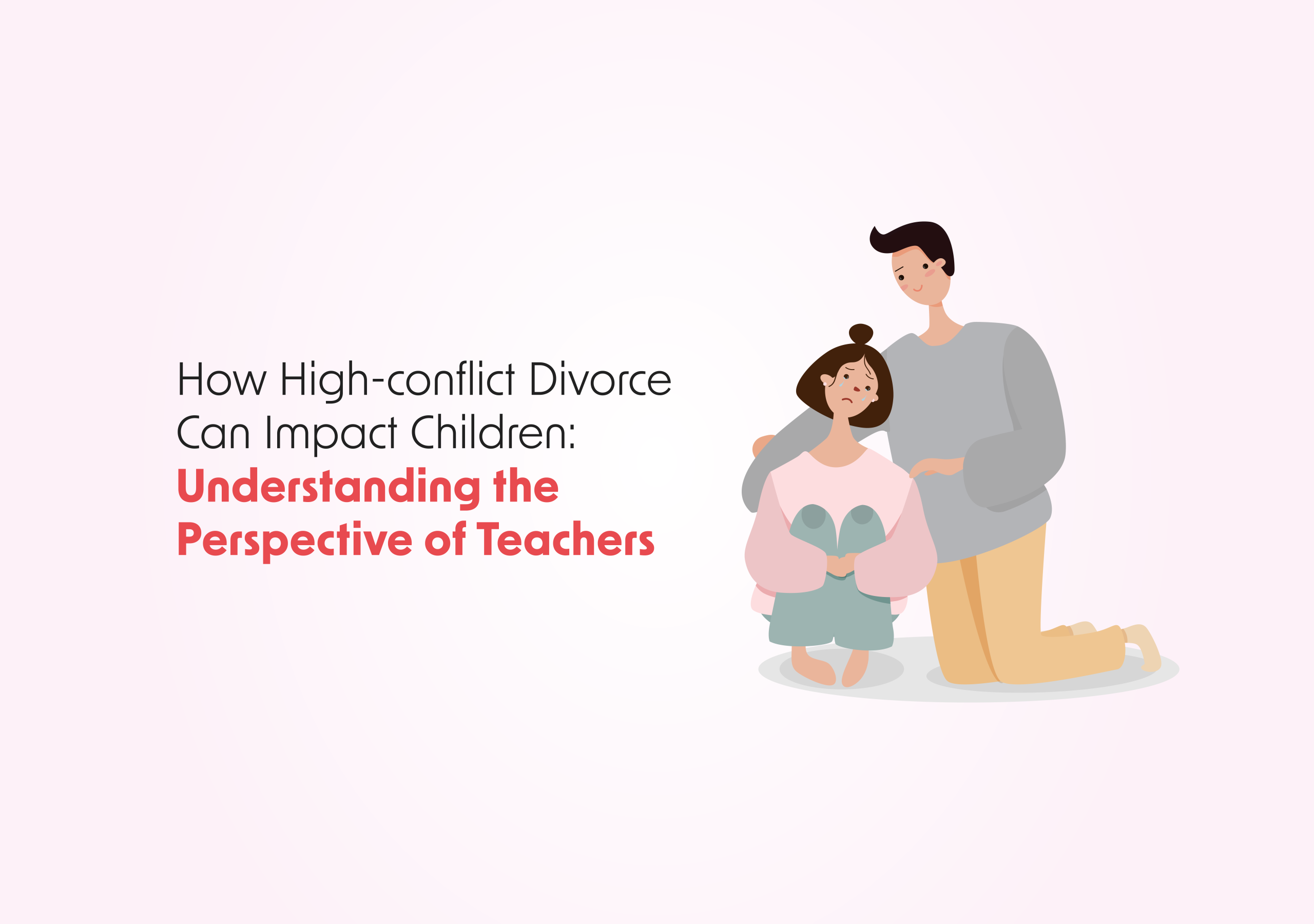Research by Professor Will Greaves at the University of Victoria examines how the Trump presidency has impacted the long-standing security relationship between Canada and the United States. His analysis reveals concerning shifts in the foundations of bilateral cooperation and trust between these traditionally close allies, with implications for the future of North American security arrangements. More
The relationship between Canada and the United States represents one of the world’s most extensive international partnerships, marked by deep cooperation on defense, intelligence sharing, and border security. Of course, this partnership has not been without its tensions – the two countries have experienced significant disagreements on a number of issues, including President Bush’s invasion of Iraq and tension between President Barack Obama and Prime Minister Stephen Harper on issues such as climate change, energy, the Iran nuclear agreement and support for the Israeli occupation of Palestine. Nevertheless, the relationship has represented a strong, stable pillar of international relations, underpinning North American security and defence since the 1930s.
However, research by Professor Will Greaves at the University of Victoria suggests this foundational partnership may be under unprecedented strain. His work examines how the Trump presidency has damaged key pillars of the Canada-US security community, potentially threatening its long-term stability. This analysis comes at a critical time, as both countries navigate an increasingly complex international environment.
At the heart of Professor Greaves’ argument is the concept of a “pluralistic security community” (PSC). This term, first developed by scholars in the 1950s, describes a group of countries that have developed such strong shared identities and mutual trust that they have eliminated the possibility of resolving disputes through war. The Canada-US relationship has long been considered the world’s oldest and most stable example of such a community. Security communities are built on the foundation of shared democratic values and institutions, allowing member states to overcome mutual suspicion and develop genuine cooperation. In these relationships, power is not simply coercive but rather conveys a sense of shared purpose and vision for the future, with both partners considering each other’s interests when making decisions.
Referencing scholars Emanuel Adler and Michael Barnett, Professor Greaves says that shared identity and mutual trust are the key conditions necessary for maintaining a security community. Security communities are political spaces in which sovereign actors overcome mutual suspicion and renounce inter-state violence on the basis of friendship or common interests. His research demonstrates how the Trump presidency has severely damaged both of these elements in the Canada-US relationship.
The shared identity between Canadians and Americans has been eroding for several decades. Research shows that while both societies remain similar compared to many others, they have grown apart in their social values. Canadians have maintained relatively unified views around human rights, gender equity, ethnic diversity, and the role of government, while American society has become increasingly polarized on these issues. The two nations’ shared identity suffered unprecedented damage during Trump’s presidency. By 2018, polls showed that 56% of Canadians had an unfavorable view of the United States, with 82% feeling that the United States took Canada’s interests into account “not too much or not at all.”
In terms of mutual trust, Professor Graves describes how Trump’s administration took multiple actions that directly challenged Canada’s national interests, including imposing tariffs on Canadian steel and aluminum exports on dubious national security grounds, threatening to withdraw from NAFTA, and attempting to prevent medical supplies from reaching Canada during the COVID-19 pandemic. Perhaps most strikingly, the administration even proposed deploying troops to the Canadian border – a move that would have reversed decades of demilitarization between the two countries.
It is also important to note that Canadians tend to find Donald Trump untrustworthy as an individual. Professor Greaves reports that President Trump lies more often and about more things than any past president. The number of documented lies exceeded 16,000 in his first three years in office, at least 43 of these being about Canada.
Beyond these traditional elements of security communities, Greaves’ research emphasizes how the erosion of democratic norms and institutions within the United States poses a fundamental new threat to the relationship. As scholars have noted, domestic stability and democratic governance are essential for maintaining security communities, and shared democratic values were crucial to building the Canada-US partnership. His research details how the Trump presidency undermined democratic norms and institutions within the United States through actions like questioning election integrity, praising authoritarian leaders, and using federal forces against peaceful protesters. This democratic backsliding creates a fundamental challenge for the security relationship, as Canada must be able to trust that its much larger neighbor will respect democratic processes and international agreements.
For Professor Greaves, these challenges are likely to persist beyond any single administration. The Trump presidency has demonstrated that Americans have the capacity to elect – and maintain relatively strong support for – a president who casually, deliberately, and repeatedly harms the national security of the United States’ closest friend and ally. The “America First” movement continues to influence U.S. politics, promoting policies that often conflict with Canadian interests. Furthermore, U.S. government agencies have undergone significant cultural changes in their approach to international cooperation, affecting the day-to-day operations of the U.S.-Canada relationship. Third, and perhaps most importantly, Canadians have learned that they cannot always rely on the United States to consider their interests when making major decisions.
Greaves argues that, given current trends, the future absence of war in North America may simply reflect the imbalance in relative power between the two countries. While the possibility of actual military conflict between Canada and the United States remains remote, the relationship may no longer qualify as a true “security community.” Instead, it might be evolving into a more traditional international relationship where power dynamics play a more prominent role, with the stronger partner (the United States) having greater influence over the weaker partner (Canada). For example, since being re-elected president in November 2024 Donald Trump has threatened to impose punitive tariffs on Canadian exports in violation of the free trade agreement he renegotiated between the two countries, and has repeatedly referred to annexing Canada to become “the 51st state”. Without American consideration of Canadian interests, or if the United States itself poses a threat to those interests, the Canada-US security community cannot endure.
Looking to the future, Professor Greaves acknowledges that the bonds between everyday Canadians and Americans remain strong and the two governments maintain extensive diplomatic ties. However, rebuilding the level of trust and cooperation that once characterized the relationship will require sustained effort. The challenge lies in whether both nations can work together to restore their shared identity and mutual trust, or if a new type of relationship will emerge from these changes. Without the foundations of shared identity, mutual trust, and democratic stability, the relationship risks becoming one based on power rather than partnership.







